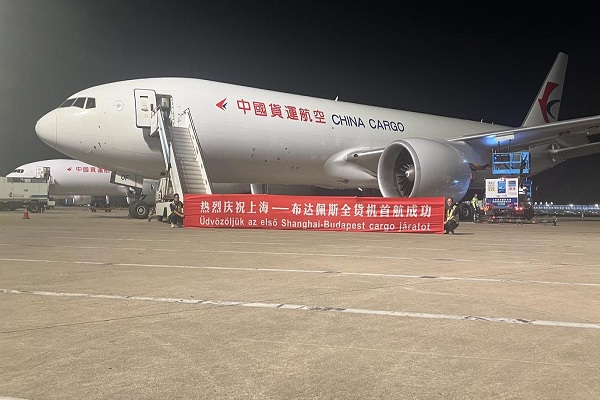100 FAQs about Shanghai's 28 Policy Measures
21. What if the company's office and domicile are in different districts? For instance, a company is registered in Changning but the physical office is in a Fengxian's industrial park.
A: According to this policy, the main proof is the leasing contract. The domicile of tenant is not relevant for the application. For more details regarding procedures and materials required by this policy, tenants are advised to consult with their landlords.
22. Our company is an eligible tenant to this policy and rents an office in a building owned by a district-level SOE. The landlord is still requesting rent being paid in full for it has received any notice from the district administration about this policy. How could we resolve this?
A: Districts and SOEs that have announced their own rental reduction and exemption policies shall reconcile their policies with Shanghai's 28 policy measures with the 28 policy measures being the minimum standard. They are also encouraged to consult with their tenants to solve the difficulty of tenants.
In case of information mismatch, it is suggested that the tenant should contact district SASAC, which is responsible for the supervision and follow ups.
23. How long will the rental reduction and exemption period last?
A: The rentals for February and March are waived.
For SMEs that still have major difficulty to survive, SOEs can, based on actual situation, provide further support that include additional reduction and exemption as well as postponement of payment.
24. Our Company's headcounts exceeds the SME's standard but our businesses are yet to be profitable. Is there possibility for the preconditions of the policy to be moderately relaxed and only granting partial reduction?
A: It is clearly stipulated that this policy is only for SMEs, excluding large scale businesses. If large companies have actual difficulty in their operation, they are encouraged to consult with their landlords to obtain support.
25. Our company runs a motel. We have been almost vacant since the end of January, which significantly dented our revenue. We are now facing huge cost pressure because of labour and other elements. Is there any policy that will provide tax support for us?
A: Starting from January 1st, revenues generated from providing accommodation and catering services by your company are exempted from VAT levy.
26. I represent a courier company. During the epidemic, the daily necessities of citizens vastly depend on deliverymen, which has pushed up cost thus resulted in huge pressure on the company. Is there any supportive tax policy?
A: Starting from January 1st, your corporate income from delivery service for people's daily necessities is exempted from VAT.
27. I represent a long-distance passenger service company. Due to the impact of the epidemic, the passenger volume witnesses sharp decline. Is there any supportive tax policy?
A:Starting from January 1st, your corporate income from long-distance passenger service and other public transportation service is exempted from VAT.
28. My corporate income during the epidemic period is exempted from VAT according to relevant policies. What procedures should I go through?
A: Taxpayers who are entitled to VAT exemption according to relevant policies can independently apply for tax exemption and retain related credentials for future reference. No extra filing or approval procedures are involved. When declaring VAT exemption, VAT declaration form and detailed statement form for VAT deduction and exemption should be filled in by taxpayers.
29. My company donated 3 million yuan to the epidemic-stricken areas through certain charity foundation of Shanghai, is that fully pre-tax deductible?
A: Yes. Cash and medical supplies donated by companies and individuals through non-profit organizations or people's governments at and above the county level and other governmental departments, or directly to the hospitals which undertake epidemic prevention and control missions are entitled to full pre-tax deduction when calculating taxable income.
30. My group company purchased masks and disinfectants with a value of 1 million yuan, available for our employees for the purpose of epidemic prevention and control. Is this purchase input subject to deduction? And can this expense be included in the pre-tax deduction of corporate income?
A: Yes. Your corporate expense incurred by purchasing masks, disinfectants among other medical supplies for sake of epidemic prevention and control as well as employee health protection can be included in pre-tax deduction as labor protection expenditure.

